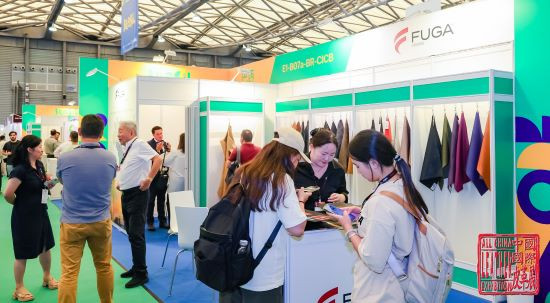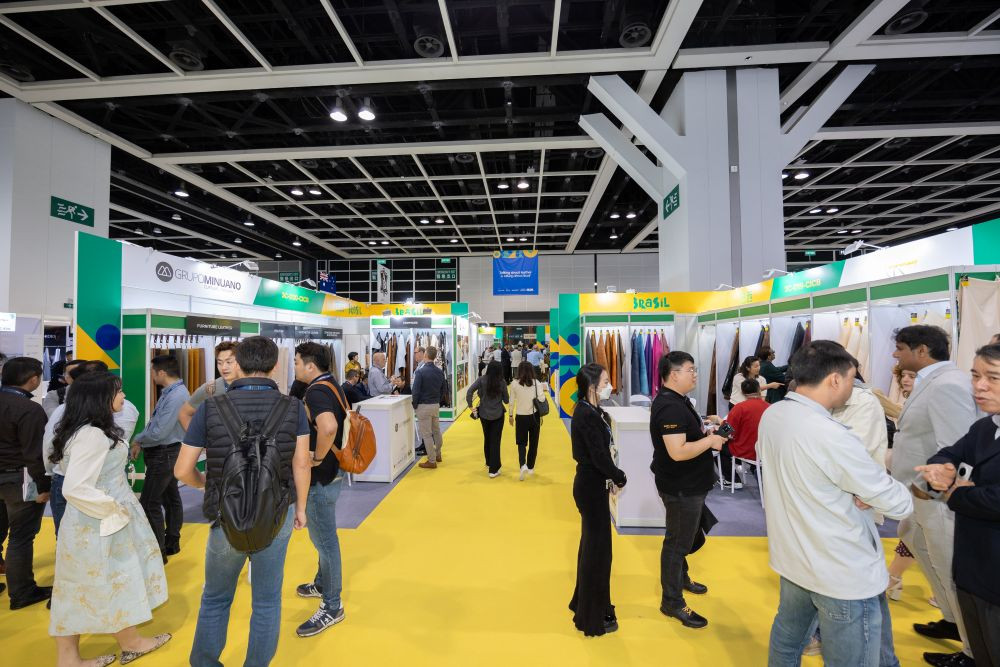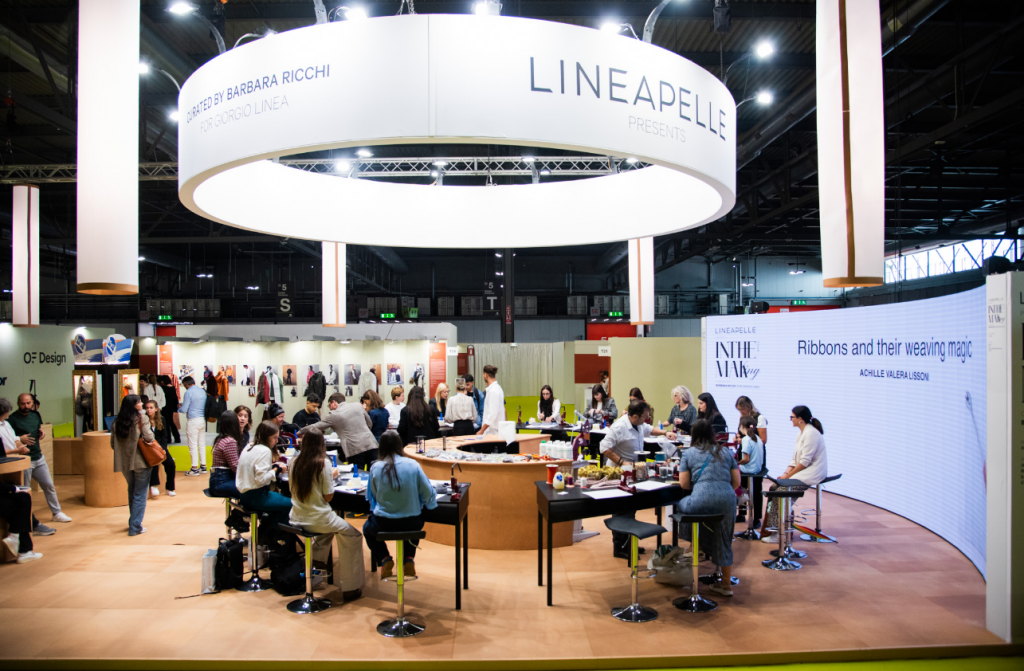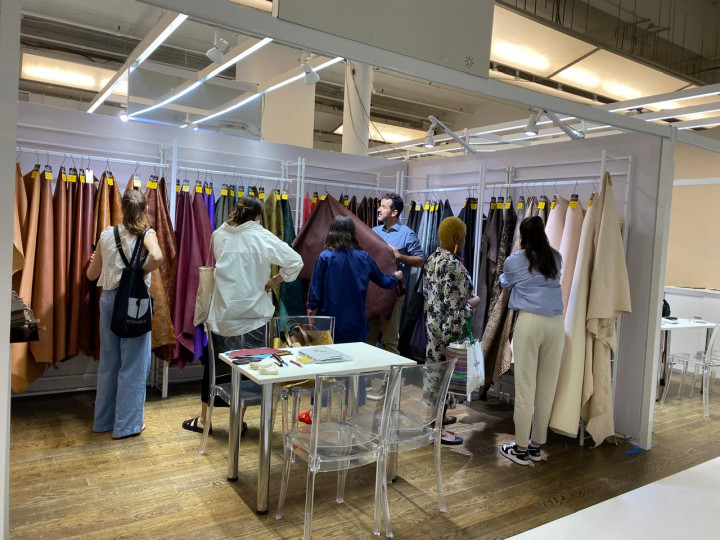


Leather and business: Brazil will be at the Shanghai fair with 11 companies
Leather and business: Brazil will be at the Shanghai fair with 11 companies
Fairs & Events
August 27th, 2025
The growth of finished leather exports, with high added value, is a constant pursuit of Brazil’s tanning industry. China, the leading buyer of Brazilian leather in the international market, increased by 10% the value of its imports of this type of leather from Brazil compared to 2024, through July. This is a significant figure, given the atypical scenario in global trade, and it comes on the eve of the All China Leather Exhibition (ACLE), taking place September 3–5. The event will feature 11 Brazilian leather companies with individual booths, supported by Brazilian Leather project – an export promotion project developed by the Centre for the Brazilian Tanning Industry (CICB) in partnership with the Brazilian Trade and Investment Promotion Agency (ApexBrasil).
The supported Brazilian companies are: America Leather, Couros Bom Retiro, Coming, Durlicouros, Euro-América, Fuga Couros, Gobba Leather, Hason International, Liderkoll, Minerva and JBS Couros. In addition to the individual booths, Brazilian Leather will host an institutional space dedicated to promoting the sector, showcasing hides developed for the Preview do Couro exhibition, which features work from tanneries across the country. Planned activities also include engagement with the international press and participation in the fair’s seminars, including a presentation at the International Leather Industry Executives Summit, where global perspectives for the sector will be discussed.
“ACLE is an essential showcase for Brazilian leather to maintain its leadership in the world’s largest consumer market. Even in a year of adjustments and major challenges in global trade, we see opportunities for higher value-added items, such as finished leather, and for the differentials that Brazil already masters: innovation and sustainability,” says Letícia Luft, manager of Brazilian Leather project, who will accompany the group at the event.
China has been the main destination for Brazilian leather exports for decades. Between January and July 2025, the country (together with Hong Kong) accounted for 31.2% of Brazil’s total exports, amounting to shipments worth US$ 206.2 million. Of the world’s five largest exporters of leather footwear, three are in Asia. The continent alone accounts for 88% of global shoe production (in quantity, across all materials), with China alone responsible for 54.33%.
About Brazilian Leather – The Brazilian Leather sectorial project for the internationalization of Brazilian leather is led by the Centre for the Brazilian Tanning Industry (CICB) in partnership with ApexBrasil. Several strategies are in place to consolidate Brazilian leather abroad – encouraging tanneries to participate in the world’s main trade fairs and business missions focused on strengthening relationships between Brazilian suppliers and foreign buyers are among them. More information: www.brazilianleather.com.br
About ApexBrasil – The Brazilian Trade and Investment Promotion Agency (ApexBrasil) works to promote Brazilian products and services abroad and attract foreign investment into strategic sectors of the Brazilian economy. To achieve its goals, ApexBrasil carries out a wide range of trade promotion activities aimed at promoting exports and valuing Brazilian products and services abroad, such as trade and prospecting missions, business rounds, support for Brazilian companies’ participation in major international fairs, and bringing foreign buyers and opinion leaders to Brazil to learn about its production structure. The Agency also works in close coordination with public and private actors to attract foreign direct investment (FDI) into Brazil, focusing on strategic sectors that can enhance the competitiveness of Brazilian companies and the country itself.
About CICB – The Centre for the Brazilian Tanning Industry (CICB) is the entity representing the companies that produce leather in Brazil. Since its foundation in 1957, CICB has sought the growth, qualification, strengthening, and unity of the sector. Its guiding principle is sustainability, through which it promotes projects on technology and workforce training, dialogue with government bodies, advocacy for the industry, trade promotion, image building, technical qualification, design and research, and market intelligence. CICB also acts in institutional representation, connection, and dialogue with the production chain and coordinates working groups – Traceability and Communication – with members across the country.









